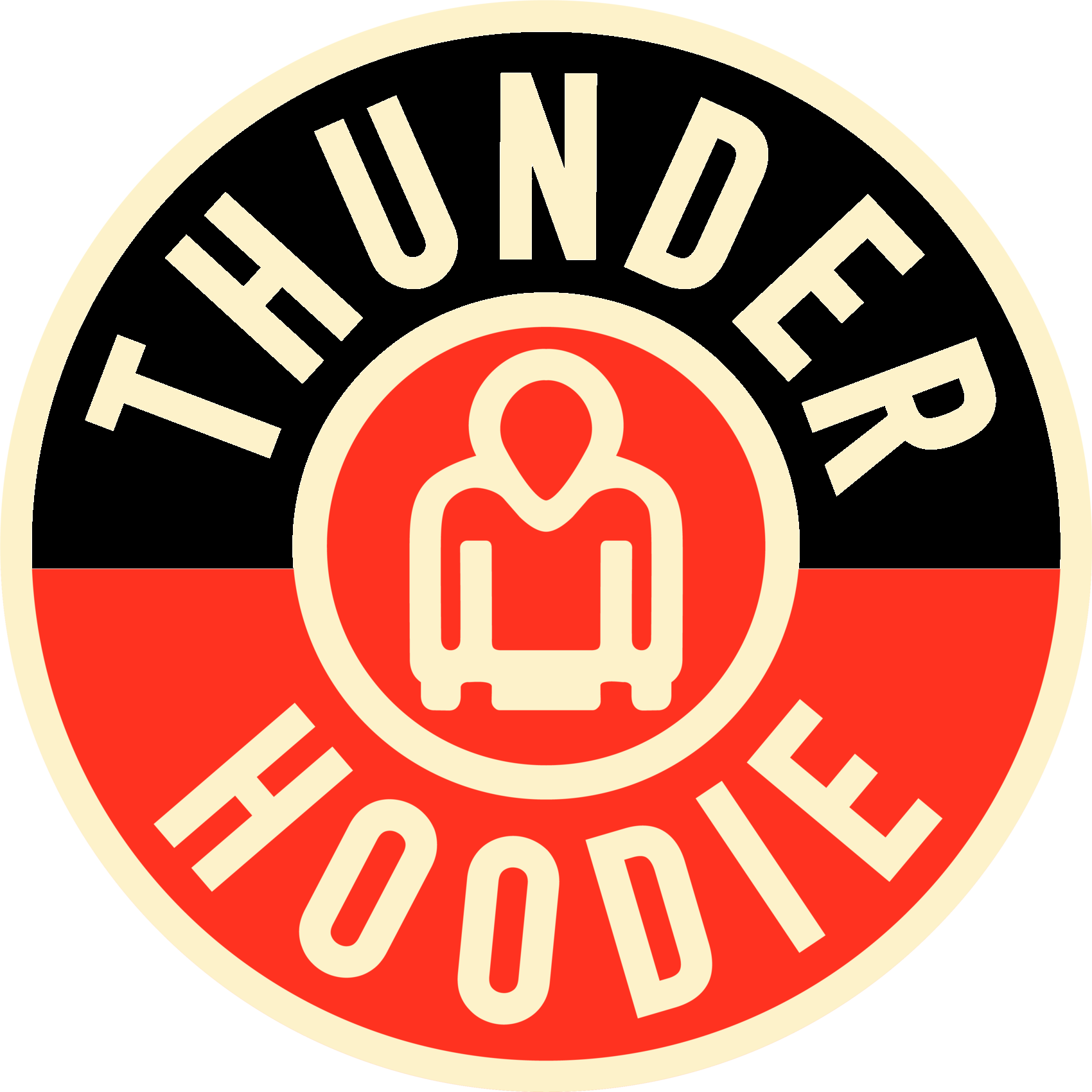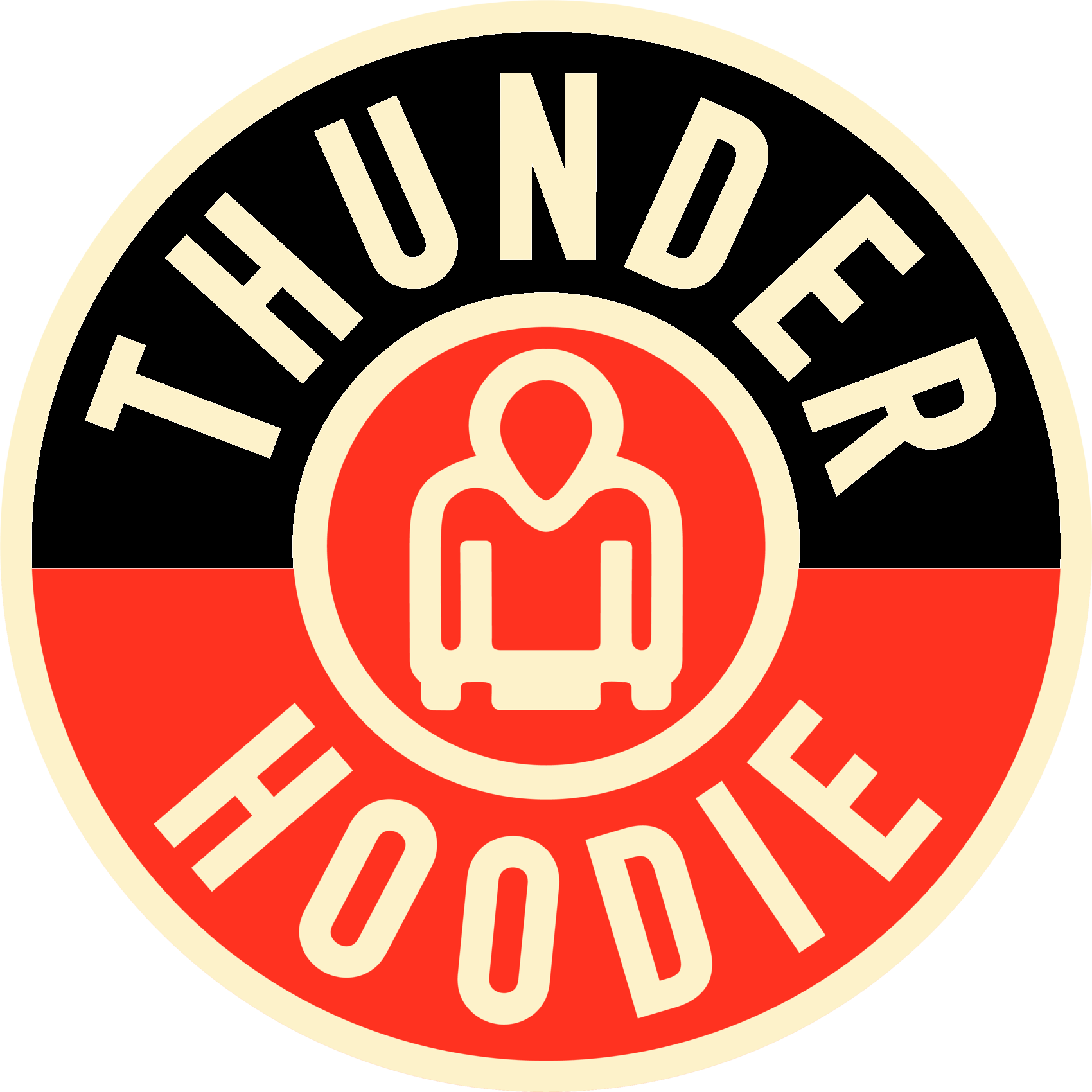Analyzing the Powerful Engines of US HRMS Market Growth

The sustained and vigorous Us Human Resources Management Software Market Growth is being propelled by a set of powerful and deeply rooted business imperatives that have elevated human capital management to a top-tier strategic priority. The most significant overarching driver is the universal push for digital transformation. As companies across all sectors seek to modernize their operations and become more agile and data-driven, they are systematically identifying and replacing outdated, inefficient, and disconnected legacy systems. Manual, paper-based HR processes and disparate spreadsheets are among the first targets for this modernization, as they represent a significant operational bottleneck and a source of compliance risk.
This corporate-wide mandate to digitize creates a powerful and continuous demand for integrated, cloud-based HR platforms that can serve as the modern foundation for people operations. This move is no longer seen as a simple technology upgrade but as a fundamental step towards building a more efficient, competitive, and future-ready organization, making it a primary engine of market expansion.
A particularly powerful catalyst for market growth has been the massive and accelerated adoption of HRMS by small and medium-sized businesses (SMBs). For many years, this segment was largely underserved by the HR tech market, as traditional on-premise solutions were prohibitively expensive and complex for smaller organizations. The rise of affordable, user-friendly, and scalable cloud-based SaaS solutions has completely changed this dynamic. SMBs are now a primary growth engine for the market, as they eagerly adopt these new tools to automate their HR processes, ensure compliance with complex labor laws, and compete more effectively for talent against larger corporations. Vendors have responded by creating specifically tailored and bundled solutions for the SMB market, often combining core HR, payroll, and benefits administration into a single, easy-to-deploy package. This "democratization" of HR technology has dramatically expanded the total addressable market, unlocking a vast new frontier of growth that continues to fuel the industry's rapid expansion across the United States.
Beyond the broad push for digitalization and SMB adoption, a more nuanced driver of growth is the strategic shift in focus towards the employee experience and talent management. In today's knowledge-based economy, where the "war for talent" is a constant reality, businesses recognize that their ability to attract, develop, and retain top performers is a key competitive advantage. This has led to a surge in investment in the more strategic modules of an HCM suite. Companies are moving beyond just automating core HR and payroll and are now investing heavily in sophisticated tools for talent acquisition (Applicant Tracking Systems), continuous performance management, employee engagement surveys, and personalized learning and development (Learning Management Systems). This focus on the entire talent lifecycle is driving significant up-sell and cross-sell opportunities for vendors and is pushing companies to adopt more comprehensive platforms. The understanding that engaged, well-managed talent directly drives business success is perhaps the most powerful strategic driver of sustained market growth.
Explore Our Latest Trending Reports:
- Art
- Causes
- Crafts
- Dance
- Drinks
- Film
- Fitness
- Food
- Oyunlar
- Gardening
- Health
- Home
- Literature
- Music
- Networking
- Other
- Party
- Religion
- Shopping
- Sports
- Theater
- Wellness


